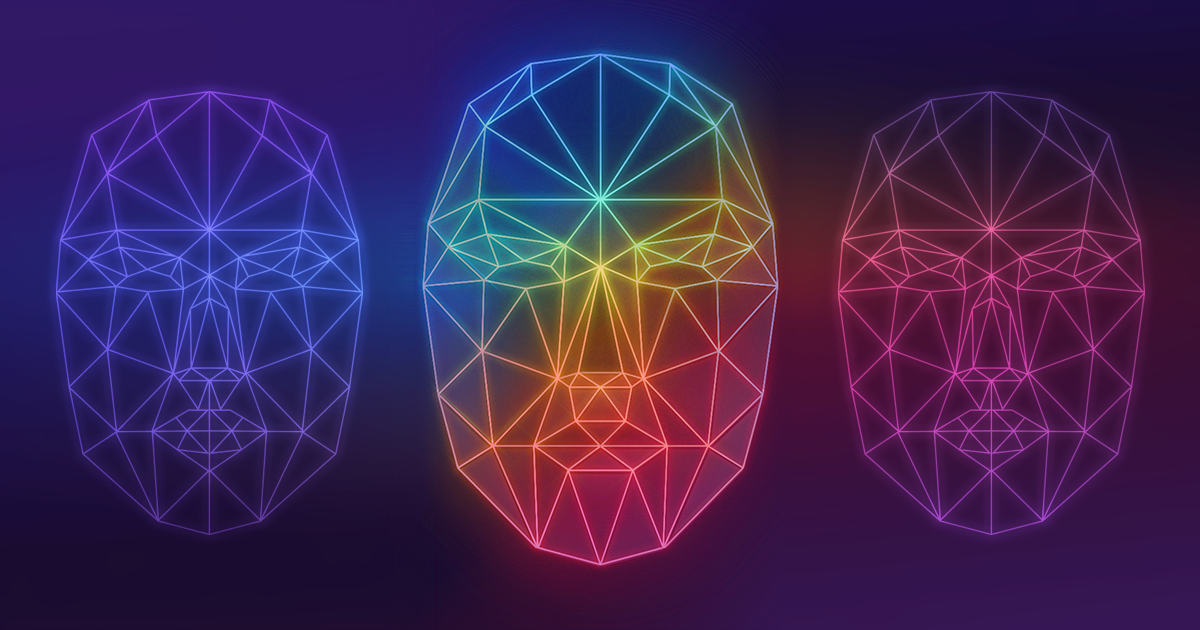Clearview’s Faceprinting is Not Sheltered from Biometric Privacy Litigation by the First Amendment
Clearview AI extracts faceprints from billions of people, without their consent, and uses these faceprints to offer a service to law enforcement agencies seeking to identify suspects in photos. Following an exposé by the New York Times this past January, Clearview faces more than ten lawsuits, including one brought by the ACLU, alleging the company’s faceprinting violates the Illinois Biometric Information Privacy Act (BIPA). That watershed law requires opt-in consent before a company collects a person’s biometrics. Clearview moved to dismiss, arguing that the First Amendment bars this BIPA claim.
EFF just filed an amicus brief in this case, arguing that applying BIPA to Clearview’s faceprinting does not offend the First Amendment. Following a short summary, this post walks through our arguments in detail.
Above all, EFF agrees with the ACLU that Clearview should be held accountable for invading the biometric privacy of the millions of individuals whose faceprints it extracted without consent. EFF has a longstanding commitment to protecting both speech and privacy at the digital frontier, and the case brings these values into tension. But our brief explains that well-settled constitutional principles resolve this tension.
Faceprinting raises some First Amendment interests, because it is collection and creation of information for purposes of later expressing information. However, as practiced by Clearview, this faceprinting does not enjoy the highest level of First Amendment protection, because it does not concern speech on a public matter, and the company’s interests are solely economic. Under the correct First Amendment test, Clearview may not ignore BIPA, because there is a close fit between BIPA’s goals (protecting privacy, speech, and information security) and its means (requiring opt-in consent).
Clearview’s faceprinting enjoys some protection
The First Amendment protects not just free expression, but also the necessary predicates that enable expression, including the collection and creation of information. For example, the U.S. Supreme Court has ruled that the First Amendment applies to reading books in libraries, gathering news inside courtrooms, creating…
